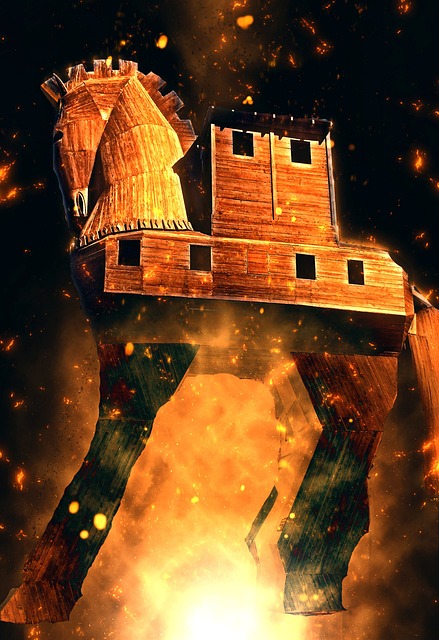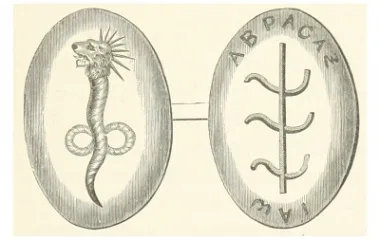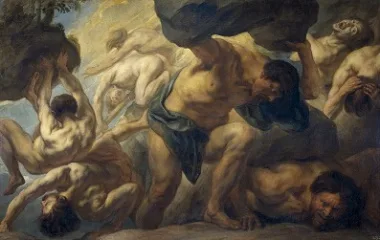Greek Concepts Trojan War
The Trojan War is perhaps one of the most famous events in Greek mythology and has been the subject of countless works of literature, art, and film. The war, which is said to have taken place in the 12th or 13th century BC, is the central event in Homer’s epic poems, the Iliad and the Odyssey, and has captured the imagination of people for centuries. In this article, we will explore the Greek concepts surrounding the Trojan War, including the key players, the causes of the war, and its aftermath.
Contents
The Mythological Background
The Trojan War is rooted in Greek mythology and has its origins in the marriage of King Peleus and the sea nymph Thetis. The wedding was attended by all the gods, with the exception of Eris, the goddess of discord, who was not invited. In anger, Eris threw a golden apple among the guests, inscribed with the words for the fairest. This sparked a competition between three goddesses – Hera, Athena, and Aphrodite – each claiming the apple for herself. The dispute was eventually settled by Paris, a prince of Troy, who was asked to judge which of the goddesses was the fairest. Each goddess offered Paris a bribe, and he ultimately chose Aphrodite, who promised him the love of the most beautiful woman in the world, Helen, the wife of Menelaus, king of Sparta.
The abduction of Helen by Paris led to the gathering of a Greek expedition force, which set sail for Troy to reclaim Helen and exact revenge. The war lasted for ten years and saw some of the most famous heroes of Greek mythology, including Achilles, Odysseus, and Hector, fighting on both sides. The war finally ended with the famous ruse of the Trojan Horse, a giant wooden horse filled with Greek soldiers, which led to the fall of Troy.
The Key Players
The Trojan War was a conflict of epic proportions, involving numerous heroes, gods, and mythical figures. Among the most prominent players were Achilles, the greatest warrior of the Greeks; Hector, the noblest defender of Troy; Odysseus, the cunning and resourceful Greek king; and Agamemnon, the leader of the Greek forces. On the Trojan side, Paris and his brother Hector were the primary defenders of their city, while their father, King Priam, ruled over Troy.
The gods also played a significant role in the war, with many of them taking sides and intervening in various ways. For example, Aphrodite helped Paris in his seduction of Helen, while Athena and Hera supported the Greeks. The involvement of the gods added a supernatural element to the conflict and influenced the outcome of many battles.
The Causes of the War
The Trojan War was ultimately caused by the abduction of Helen, but the roots of the conflict run much deeper. The marriage of Peleus and Thetis, which led to the Judgment of Paris and the subsequent abduction of Helen, was just the spark that ignited the powder keg of long-standing tensions and rivalries between the Greeks and the Trojans. The war was also a result of the desire for honor, glory, and power, which were central values in ancient Greek society.
Additionally, the involvement of the gods and their constant meddling in human affairs added another layer of complexity to the conflict. The Trojan War was as much a clash of mortal armies as it was a struggle between divine forces, and the outcome was determined by a combination of military prowess, divine favor, and human ambition.
The Aftermath of the War
The Trojan War had far-reaching consequences for both the Greeks and the Trojans. The fall of Troy marked the end of an era and the beginning of a new chapter in Greek mythology. Many of the heroes who fought in the war faced tragic fates, such as Achilles, who was killed by Paris, and Odysseus, who faced a long and perilous journey home. The war also had a profound impact on the gods, who were forced to reckon with the consequences of their actions and the fragility of mortal life.
The aftermath of the war is also the subject of Homer’s Odyssey, which chronicles the adventures of Odysseus as he attempts to return home to Ithaca. The Odyssey is a powerful exploration of the themes of homecoming, loyalty, and the transformative power of suffering, and it serves as a fitting conclusion to the epic saga of the Trojan War.
The Legacy of the Trojan War
The Trojan War has left an indelible mark on Western culture and has been the inspiration for countless works of art, literature, and film. The enduring appeal of the war lies in its timeless themes of love, honor, betrayal, and the human experience, which continue to resonate with audiences to this day.
The story of the Trojan War has also had a lasting impact on our understanding of ancient Greek society and mythology. It has served as a mirror through which we can explore the values, beliefs, and aspirations of the people who lived in a distant time and place, and it continues to fascinate and captivate us with its rich tapestry of characters, events, and emotions.
In conclusion, the Greek concepts surrounding the Trojan War are a reflection of the complex interplay between gods and mortals, honor and ambition, and the enduring power of myth and storytelling. The war may have taken place in the distant past, but its legacy lives on in the hearts and minds of people around the world, inspiring us to explore the depths of human experience and the mysteries of the divine.
Share this content:




Post Comment